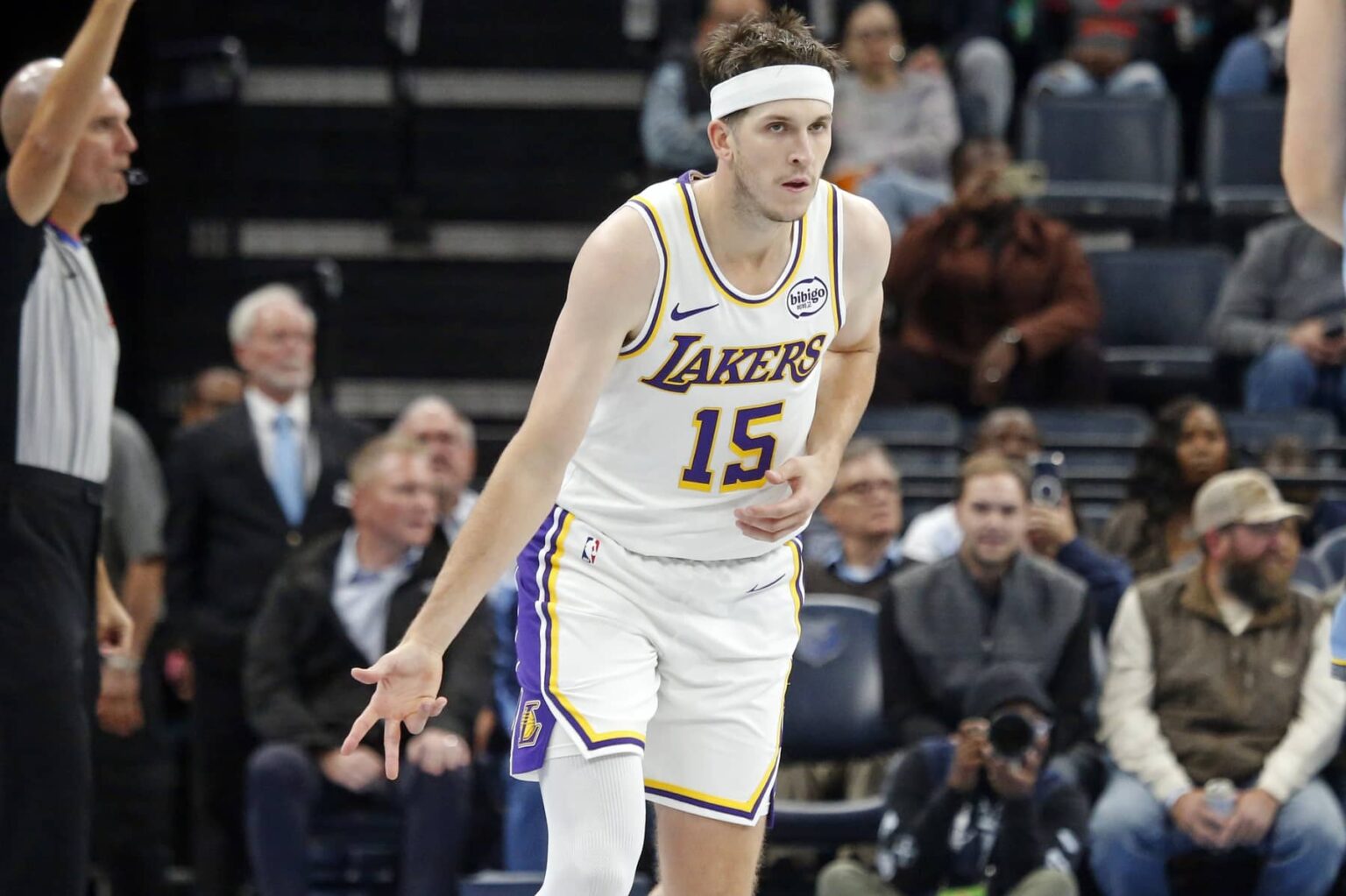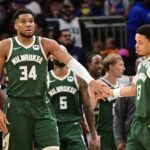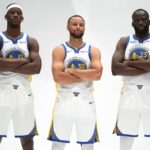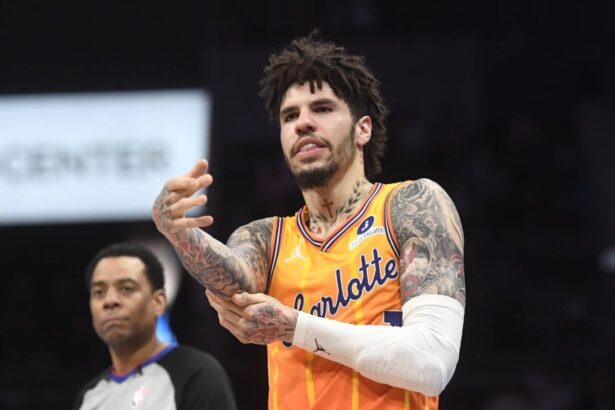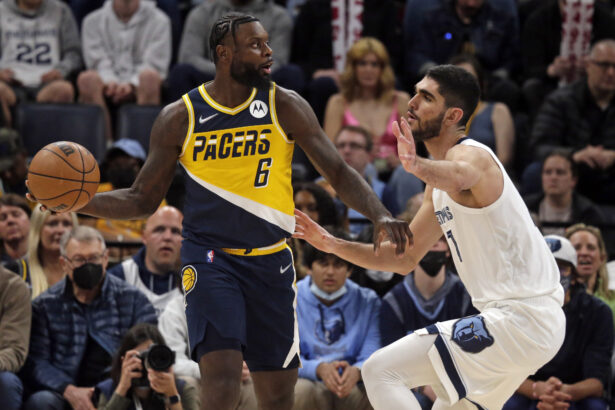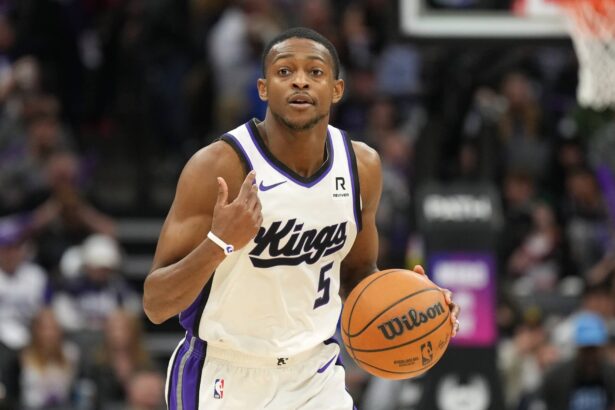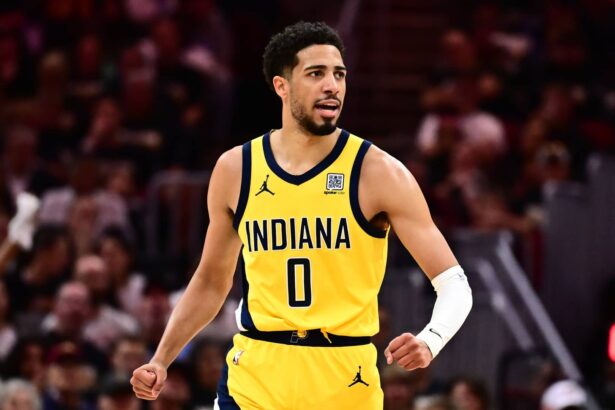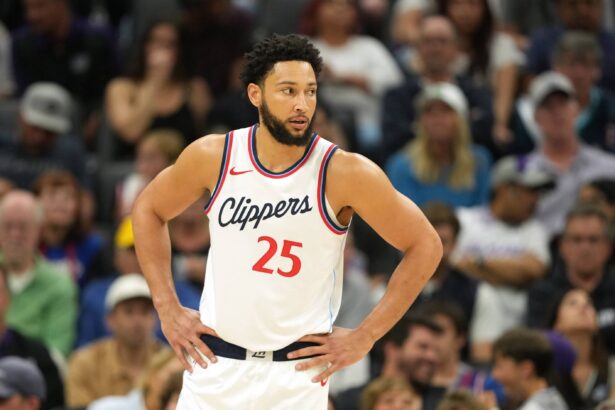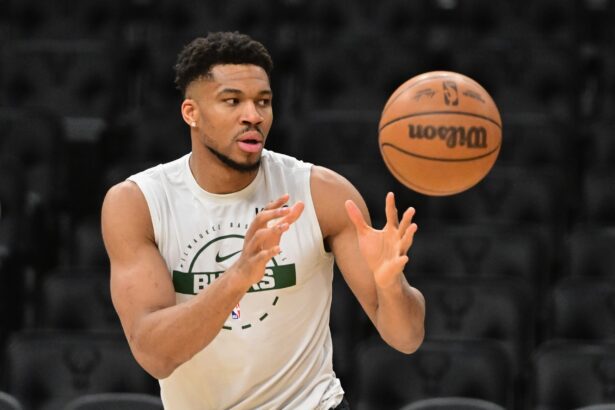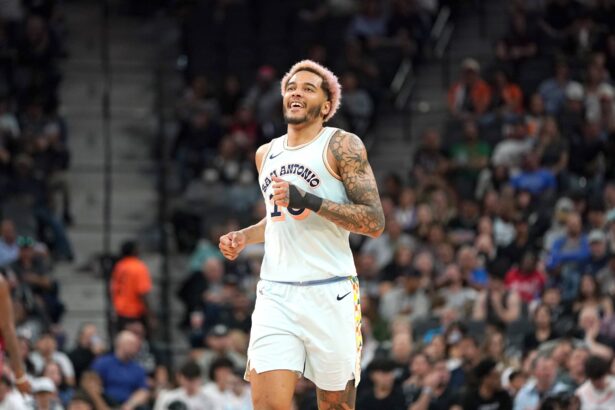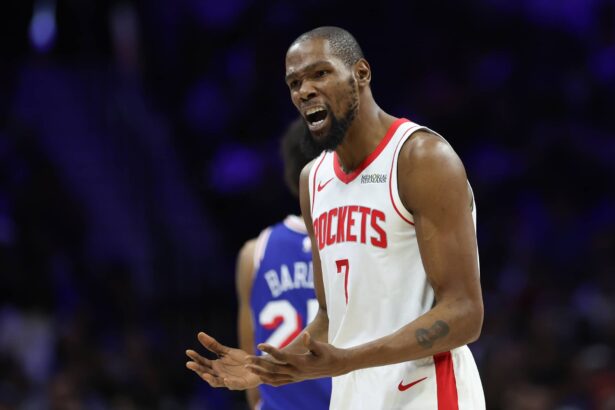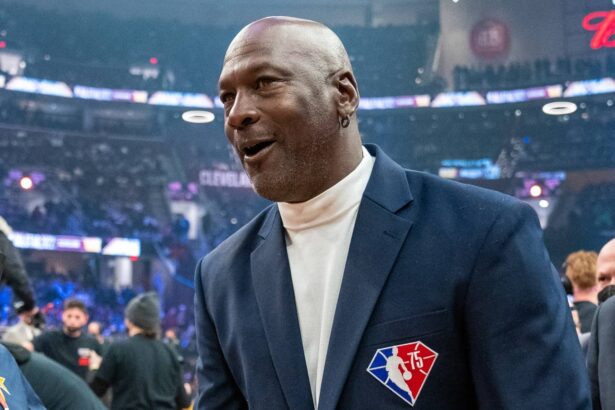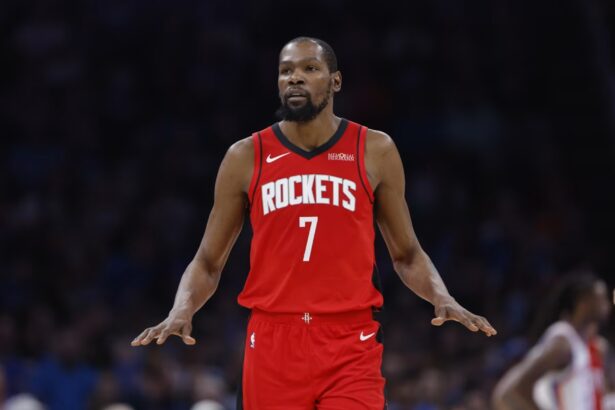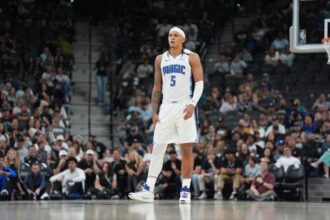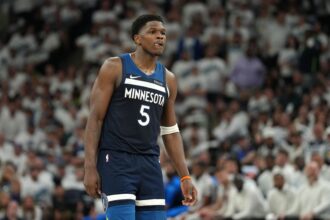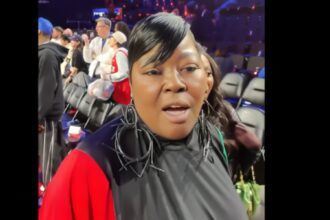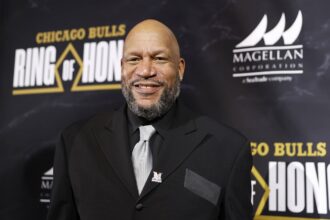Austin Reaves has turned heads with his blistering start to the 2025-26 season, but not everyone is convinced he can keep it up. NBA Hall of Famer Charles Barkley offered a dose of skepticism on The Dan Patrick Show, questioning whether Reaves’ recent scoring surge is sustainable or if defenses will soon catch up to him.
“No, because they’re going to make adjustments. Teams are going to start making adjustments. So his 40 is going to come down to 25 or more, cuz I don’t think he’s that type of guy who’s going to get 40 a night. But right now, he’s got like the triple yellow caution, like he can shoot anytime he wants to.”
“But as teams adjust, they’re going to make an adjustment on him. He’s a really good player, but also to go out there and get 40 every night is hard. I mean, cuz no one’s ever done it. I mean, no one has averaged 40 points a game in the NBA other than probably Wilt Chamberlain back in the day.”
“Teams are going to make the adjustment and make him pass the ball more, which he’s comfortable with. But he’s a heck of a player.”
It’s a fair point from Barkley. The Inside the NBA analyst has seen scoring explosions come and go, and his reasoning is rooted in basketball history. Wilt Chamberlain remains the only player to average over 40 points in a season—doing it twice in 1961-62 and 1962-63.
Even legends like Michael Jordan, Kobe Bryant, and James Harden fell short of that mark. Barkley wasn’t dismissing Reaves’ talent; rather, he was emphasizing how difficult it is to maintain that kind of dominance once opposing coaches start game-planning around you.
Reaves’ early-season numbers have been extraordinary. Through six games, he’s averaging 32.0 points, 5.3 rebounds, and 9.0 assists, while shooting 50.4% from the field and 36.2% from three. In one remarkable stretch, he scored 92 points in 48 hours, including a career-high 51-point outburst against the Kings, a 41-point performance versus Portland, and a buzzer-beating floater to sink the Minnesota Timberwolves.
His breakout coincided with Luka Doncic’s absence due to injury, forcing Reaves into the Lakers’ top scoring role. During that stretch, he looked every bit like a star, carrying the offense with poise and creativity. But Barkley’s prediction proved prophetic almost immediately. In Doncic’s return game against the Memphis Grizzlies, Reaves’ shot attempts dropped sharply from over 22 a game to just 14, and his scoring fell to 26 points.
Memphis also made it clear they had studied the film. They trapped Reaves high, doubled him off the catch, and assigned Kentavious Caldwell-Pope to hound him on the perimeter. The scheme worked: Reaves shot just 5-of-14 from the floor and 2-of-8 from deep. Still, his ability to draw fouls, which he went 9-for-9 from the free-throw line, showed his adaptability and patience when defenses take away his first option.
Barkley’s skepticism may not be entirely unfounded, but it doesn’t erase what Reaves has accomplished. Few players, especially undrafted ones, have ascended this quickly from role player to featured star. Whether he’s a long-term ‘number one’ option is still up for debate, but he’s proven he can step into that role when needed.
The bigger question might not be whether Reaves can average 40—it’s whether the Lakers can afford to keep him if he keeps trending upward. Should Reaves make an All-Star or All-NBA team, his next contract could easily push past $40 million per year, a figure that would test the Lakers’ long-term cap strategy.
For now, Barkley’s words serve as both reality check and challenge. Sustaining stardom in the NBA is as much about adaptation as talent. If Austin Reaves continues to evolve even after defenses adjust, he might not need to score 40 a night to prove he belongs in the league’s upper tier.

